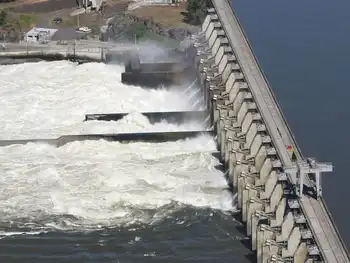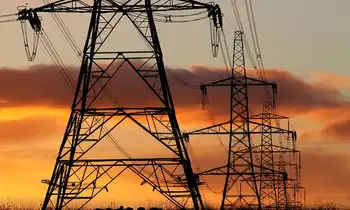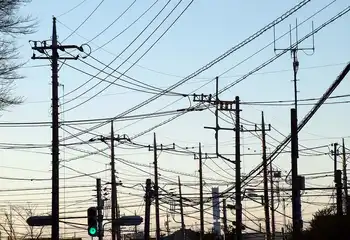Ontario, Quebec eye cap-and-trade system
QUEBEC CITY, QUEBEC - Troubles over BPÂ’s massive Gulf of Mexico oil spill have Premier Dalton McGuinty looking to rekindle a cap-and-trade system for carbon emissions as Ontario and Quebec hold their third joint cabinet meeting.
Ontario is one of several provinces and U.S. states that are looking to set up a regional system, but efforts slowed amid the recession and high hopes U.S. President Barack Obama would push for a continental program, a senior Ontario government source said.
But now that ObamaÂ’s popularity has been eroded by his health care reforms and heÂ’s preoccupied with the gulf spill and looming mid-term elections, regional politicians are stepping up efforts.
“There’s not a lot of determination on the part of Ottawa these days,” McGuinty said on the front lawn of the Quebec legislature.
“Washington seems to be consumed by other things, perhaps understandably so,” he added, noting the joint meeting will look at “what next step might we take together to demonstrate our continuing resolve to find a way forward.”
Ontario and Quebec have both passed legislation allowing them to set up a cap-and-trade system but only Quebec has regulations in place to move forward. OntarioÂ’s regulations are expected by yearÂ’s end.
Charest called the gulf oil spill “a dramatic reminder that the whole issue of the environment and greenhouse gas emissions is there.”
While there had been hopes two years ago of having a cap-and-trade system in place by July 1, 2010, McGuinty said he now has no idea when it might be ready.
Although other provinces and states in the Western Climate Initiative are starting to “make noise” again, “no one has said what the cap-and-trade system would look like and here’s what the price of carbon would be,” said the senior Ontario source, adding 2013 is seen as the next deadline. The Western Climate initiative is the group seeking a regional system.
In a cap-and-trade system, the governments would set a cap on overall emissions and set limits for the highest polluting industries. Companies producing fewer greenhouse gas emissions than their caps permit could sell their unused quota on the open market to big polluters exceeding their caps.
Climate change has also been added to the agenda at the G20 Summit in Toronto on the last weekend in June after the federal Conservative government bowed to pressure from world leaders and environmentalists.
There is a United Nations climate summit in Mexico in December, with countries warning they canÂ’t wait for developed nations to make decisions on next steps.
The joint cabinet meeting comes as Quebec Premier Jean Charest fends off allegations of corruption in his government, now in its third term.
Nine cabinet ministers are here from Ontario, as they discuss ways to push health care reform and environmental issues to more prominence on the national stage before the annual premiersÂ’ meeting in Winnipeg in August.
Related News

Salmon and electricity at center of Columbia River treaty negotiations
VANCOUVER - With talks underway between Canada and the U.S. on the future of the Columbia River Treaty, the B.C. New Democrats have launched public consultations in the region most affected by the high-stakes negotiation.
“We want to ensure Columbia basin communities are consulted, kept informed and have their voices heard,” said provincial cabinet minister Katrine Conroy via a press release announcing meetings this month in Castlegar, Golden, Revelstoke, Nakusp, Nelson and other communities.
As well as having cabinet responsibility for the talks, Conroy’s Kootenay West riding includes several places that were inundated under the terms of the 1964 flood control and…




